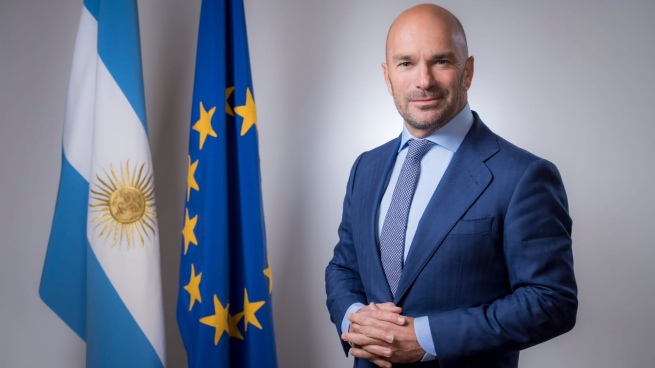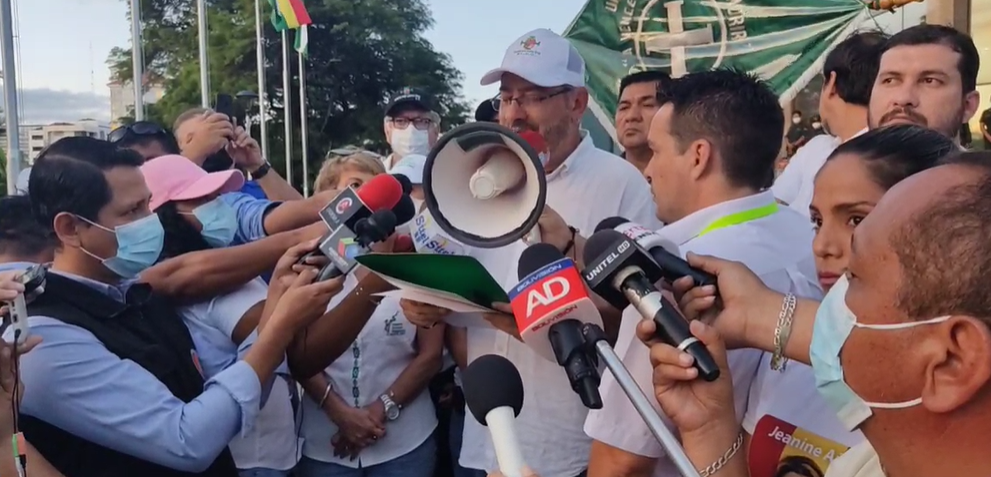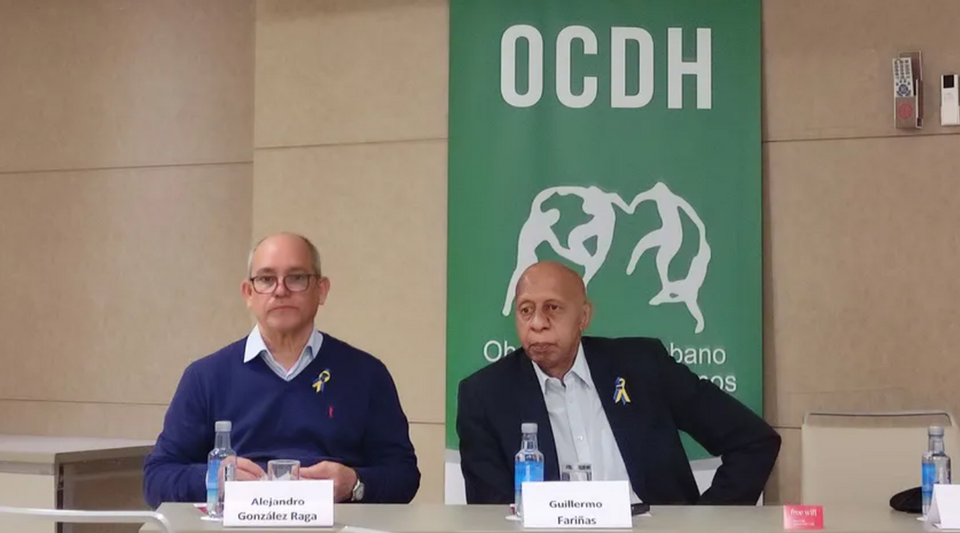The ambassador of the European Union (EU) in Argentina, Amador Sánchez Rico, affirmed that the Russian invasion of Ukraine “is a step back in time”, and considered the resolution issued this Friday by the Council of Human Rights of the UN, which under the presidency of Argentina, calls for the investigation of humanitarian violations during the military intervention carried out by the troops of the Moscow government.
In an interview with Télam, the Spanish diplomat also stated that the EU “has shown unprecedented unity” when it comes to reacting to and sanctioning Russia, and stressed that “all the countries” of that community “are welcoming with open arms ” to refugees fleeing the area.
-Télam: What information do you have about the situation in Ukraine?
-Sanchez Rico: Well, everything happens minute by minute. There is a lot of concern. A real nightmare lives in that country. It is totally surreal that in the 21st century we are witnessing a step backwards in time. We all follow it with the utmost concern because it is the invasion of a sovereign, democratic country by another more powerful nation, with more weapons, a permanent member of the United Nations Security Council. And we are very, very worried about the development of events.
-T: -How do you define the central place that the EU is playing in this crisis?
-MR: During the last few weeks, before a full-fledged military invasion broke out, which we cannot call a special operation, as the Russian authorities continue to do, the EU tried to give every chance to dialogue, to a diplomatic solution. It has been demonstrated with meetings of European leaders, in Moscow, and with conversations at the highest level. Now we have discovered that there was no intention of the Russian authorities to hold a dialogue. They were faking. I think this was premeditated. The EU has tried by all means to avoid reaching the point where we are now. Finally, it has not given the results that we would have liked. Now we are in a new situation. The EU has shown unity in reacting. Something unprecedented. A sanctions regime was adopted and for the first time the mechanism of the European Instrument of Peace, an extrabudgetary fund aimed at improving the community’s capacity to prevent conflicts and strengthen international security, was applied. It is a resource with which the Ukrainian government is being supported.
-T: What does the approval this week, by the UN General Assembly, of a resolution to demand that Russia cease its invasion of Ukraine imply?
–MR: That we are also very united with our transatlantic partners and the international community. This is demonstrated by the vote of the General Assembly of 141 countries, that what they are doing is demanding that the Russian Federation put an immediate end to the use of force against Ukraine. It also demands that it immediately, completely and unconditionally withdraw all its military forces from Ukraine. They are resounding and forceful signs from the international community and they show the isolation of Russia, which barely had five favorable votes in the General Assembly.
-T: What role do Argentina and Latin America have in condemning this invasion?
-MR: A key role. Argentina holds for the first time this year the presidency of the UN Human Rights Council in Geneva. Foreign Minister Santiago Cafiero was there a few days ago and gave a speech that later resulted in a vote condemning Russia in the United Nations General Assembly. We have celebrated that many Latin American countries have voted in this regard. And today, obviously good news is the adoption by the Human Rights Council of the resolution condemning the Russian invasion, calling for the withdrawal of troops and establishing the formation of a commission of inquiry into human rights violations human rights and international humanitarian law in Ukraine. The Council is a key body in preserving and defending the human rights architecture. With its presidency, Argentina bears a key responsibility.
-T: What factor can play the humanitarian aid offered by the international community to Ukraine?
-MR: Humanitarian aid is vital. Several countries have approved financial aid packages. We see as something positive that the parties have agreed on humanitarian corridors that should allow the evacuation of civilians with ceasefires. The assembly demands safe and unrestricted passage out of Ukraine from all parties, facilitating rapid and unhindered access.
-T: It is estimated that there will be four million Ukrainians fleeing their country. Could they be more?
MR: It is a bit risky to talk about numbers, what we are seeing is that all European countries are welcoming Ukrainian citizens with open arms, and not only Ukrainians, but other non-European nationalities who lived in Ukraine. There is no discrimination regarding nationalities at this time. All EU countries are mobilizing to receive these citizens in an agile and expeditious manner, in the midst of attacks against the population.








